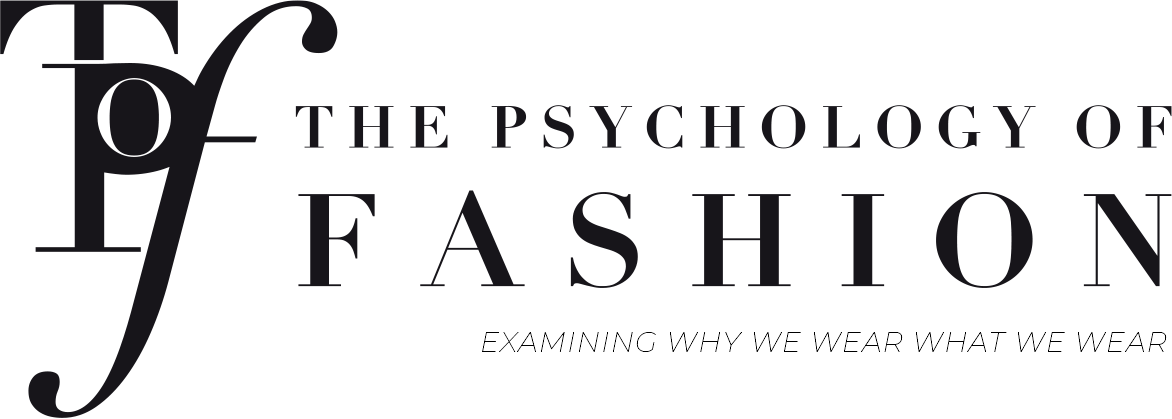Amid the ongoing Coronavirus pandemic and the raw, pent-up emotion that surrounds the worldwide Black Lives Matter demonstrations, the question of what the current content of luxury fashion brands should be, whose whole reason for being is to be “aspirational”, to make us aspire to something, is murky.
Take Chanel. The French house forged ahead with a digital Cruise collection set on a Mediterranean island that showed the house’s lamé dresses, tweed sets and bikini tops cast against ocean waves during a green-screened golden hour.
It felt vastly offbase, given these circumstances, to give people the traditional fashion fantasy to escape into. Especially when that fantasy is entangled with elitism, material excess, disregard for the environment and privileges for few. Echoing Vanessa Friedman’s sentiment toward the brand’s first digital show in The New York Times, Chanel should have skipped a season.
Twinset on the set of Chanel’s 2020/21 Cruise Collection.
It doesn’t seem like there is a blanket prescription as to what kind of content brands need to create moving forward, but it’s clear that there are actionable steps to creating that content while moving in the right direction. For starters, generating content that ignores the world around us is inexcusable. It’s also problematic when a brand partakes in virtue signalling on issues that they do not support in their actual business practices, like the backlash we saw with L’Oréal for their performative ally ship. We’ve also seen what Emma Bracy, a former Editorial Associate for Vice’s Broadly and ManRepeller, has called a “me-too movement of sorts for racist abuse” on her Instagram. And how so many professionals, like Refinery29’s Editor Christene Barberich, are stepping down to undergo a period of self-examination, as they’ve have shown that they only care enough to rally for Black liberation once a Black life is lost - not when one of their Black employees feels unheard or unsafe in their work environment. The movement has also led to an influx of statements from brands and media outlets, committing to do better.
BLM demonstration in Los Angeles. (Photo: Los Angeles Times)
So, is there any way to create aspirational fashion content right now that doesn’t feel out of touch? There is, if we change the focal point of what we’re aspiring towards, if we change the meaning of aspirational. We start by doing away with the old codes of aspiration: elitism, material excess, disregard for the environment, and privileges for few; reflected by 22-year-old bloggers going from luxury suite to luxury suite and ordering the entire breakfast menu for the gram, and jet-setting editorials with the same ultra-skinny Eastern European models dripping in diamonds.
And working in new codes of aspiration: think inclusion (booking truly diverse models, without fetishizing and calling out), less-is-more (breaking away from the pressure to show a collection every season, opting for trendless designs and finding creative solutions to overconsumption), value the earth (shooting editorials locally, upcycling and monitoring your impact on ecological spaces), and privileges for all (hiring new talent and creatives, uplifting underrepresented voices, implementing blockchain into supply chains to ensure ethical manufacturing and closing wage gaps).
It’s clear that the fashion industry needs new role models, voices and perspectives, which means uplifting those that haven’t had the same airtime as their privileged White counterparts. Sharing platforms, making space and issuing statements that commit to do better are just some of the efforts we’ve seen so far.
These commitments underscore the kind of aspirational content that brands should probably aim for as they move forward, as many of us want to see our values reflected in the content we engage with. And if, as an industry, we are collectively aspiring to do better, then surely our content will reflect the responsibilities we know we have. This goes beyond the surface, to ensuring that our work environments are safe spaces where people feel valued, seen and heard going forward. It’s been time to uplift non-white and other underrepresented voices, be mindful consumers and implement our values into everything we do. For some reason, we’re all finally agreeing on it.













As news of PSYKHE’s launch spreads, The Psychology of Fashion and PSYKHE’s founder Anabel Maldonado sat down with editors at Forbes and WWD to discuss the platform, the journey and why the world needs personalization powered by AI and psychology.